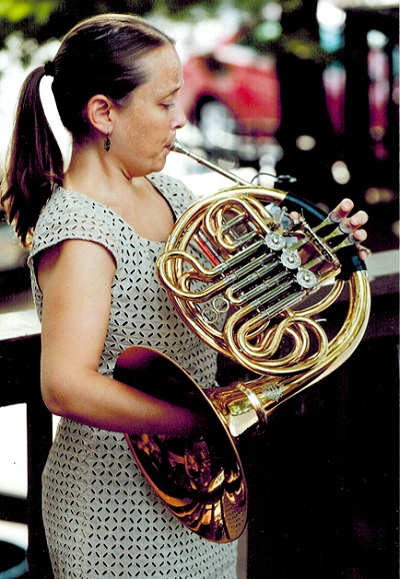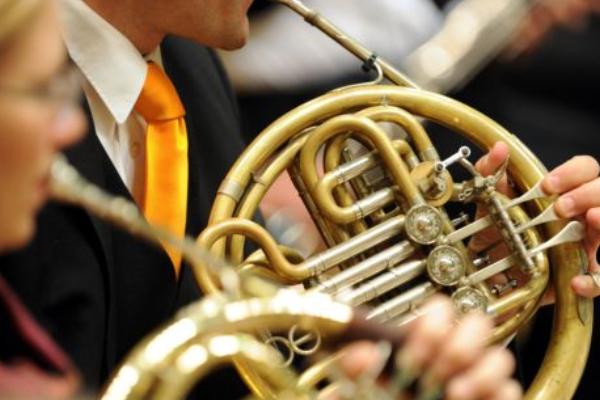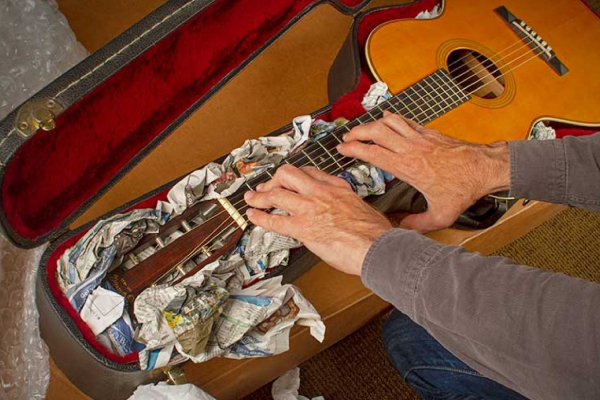Can Play A Music Instrument Affect Oral Health?
Unexpectedly and sadly, yes! If music instruments are not handled properly, they can pose serious health risks. During a clinical study, it was found that instruments that had previously been used contained 442 different bacteria, 58 moulds, and 19 yeasts. These bacteria, moulds, and yeasts were resistant to antibiotics, which posed severe health risks for the users. The good news is that these risks can be mitigated by practising healthy hygiene habits.
The dental care in medavakkam shares some insights on how playing instruments could pose health risks and how to deal with them. Keep reading to find out more.
Benefits Of Playing Music Instruments
However, the advantages of playing musical instruments cannot be ignored. It goes without saying that musical instruments help students develop character and self-worth and improve their coordination and agility. Playing a musical instrument can also help develop their brainpower and think creatively and critically. Researchers have also discovered that students who learn to play an instrument have faster brain development than those who don’t.
When it comes to choosing the right musical instrument for their child, parents often find themselves in a bind. Choosing an instrument is extremely personal for students, and there are many choices available. Below is a quick go through of a few basic instruments that offers innumerable health benefits for the students.
Violin is a relatively simple instrument to learn and is used in hip hop and jazz. A classical instrument, the violin was used by Jethro Tull in the late 1970s and early 1980s. Violin’s close compatriot, Cellos, are important string instruments used to accompany almost any instrument. Coming to wind instruments, the saxophone is a popular wind instrument in school orchestras and jazz. Similarly, the clarinet is also a fundamental instrument used in both classical and jazz orchestras.
Some experts believe that the piano is a prerequisite for learning any musical instrument, but the fundamentals are similar. Drums are an excellent way to teach musical discipline because they are fundamental to many different musical genres.
Regardless of the type of instruments your kid’s play, learning to play them can help them save their heart and improve their cognition. But unfortunately, these instruments can also be hazardous to one’s health. The instruments are prone to contamination with bacteria and fungi. These can lead to serious infectious and allergic diseases. The best dental clinic in Medavakkam lists out a few health risks associated with musical instruments for you.
Musical Instruments And Oral Health: A Few Health Risks
 Each instrument poses a health risk in its ways. For instance, wind instruments may cause orthodontic issues, dental issues, and ulcers on the soft tissues of your mouth, as it involves using your mouth significantly while you play them. Similarly, you may need wax to prevent ulcers if you have orthodontic braces. Here are a few oral health risks associated with playing different musical instruments.
Each instrument poses a health risk in its ways. For instance, wind instruments may cause orthodontic issues, dental issues, and ulcers on the soft tissues of your mouth, as it involves using your mouth significantly while you play them. Similarly, you may need wax to prevent ulcers if you have orthodontic braces. Here are a few oral health risks associated with playing different musical instruments.
- When playing an instrument, the player must forcefully hold their instrument against or within their lips, which can cause problems for the delicate lip tissue and developing teeth.
- Some instruments may pose a threat to your child’s teeth, mouth, and jaw if used incorrectly.
- Brass and wind instruments are breeding grounds for harmful moulds, yeast, and bacteria that can make your child sick.
- Stringed instruments are the most benign option for your child, but they can cause lesions on lips and teeth.
- When playing wind instruments, the head and neck muscles must work together. Some people use compensatory movements that can cause problems.
Don’t worry, though! Risks like these can be a problem for regular players, but not for occasional ones. The following is a list of oral care practices that can prevent musical instruments from risking your health.
The Best Dental Care Tips While Playing Musical Instruments
- Clean your instruments regularly and thoroughly to ensure that they perform to their maximum potential. It is recommended to use cleaning solutions and clothes for cleaning.
- Limit your child’s playing time and encourage good posture
- Consult your child’s music teacher for advice on how to play the instrument
- Speak with a music teacher about the appropriate instrument for their size and weight
- Be wary of complaints like TMJ pain, increased sensitivity, crooked teeth, and chipped teeth if you play a musical instrument
- Consult your dentist, if you have problems with your teeth
- Violin players and pianists may experience jaw pain due to clenching their teeth, leading to problems with the jaw and teeth.
- Chipped teeth can occur due to the instrument striking your teeth and increased sensitivity to cold and hot temperatures.
- Avoid drinking carbonated beverages and sugary juices because they can cause tooth decay if you play wind instruments






